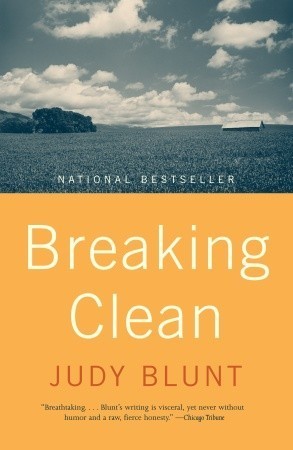What do you think?
Rate this book


320 pages, Paperback
First published January 10, 2002
After the death of her husband, Grandma Pansy had elected to sell the ranch to the boys, my dad and Junior. In a family of seven remaining children, this decision left the five sisters high and dry, and apparently some of them had complained and threatened to challenge her. Dad had stubbed the table with one thick finger, emphasizing there would be no such fight when it came our turn to bury him. In our family the sons would follow the father; Kenny, the elder would have first refusal. We girls would be left something of value, but we should know at the outset that we would never inherit the land.